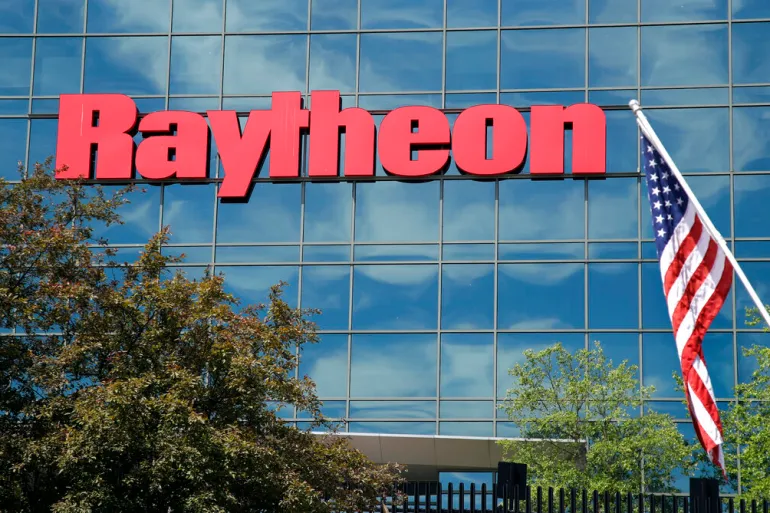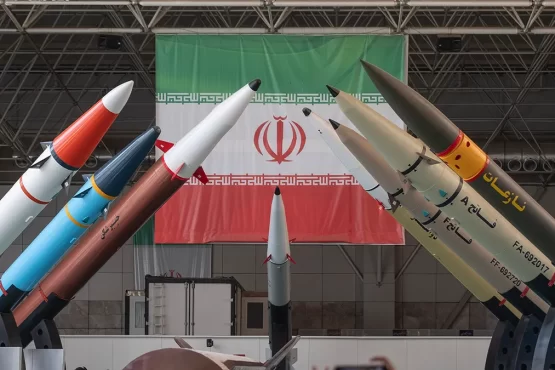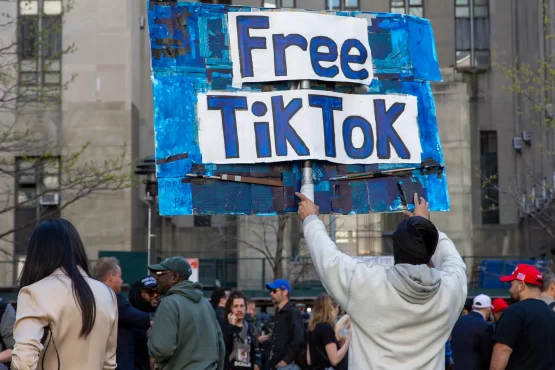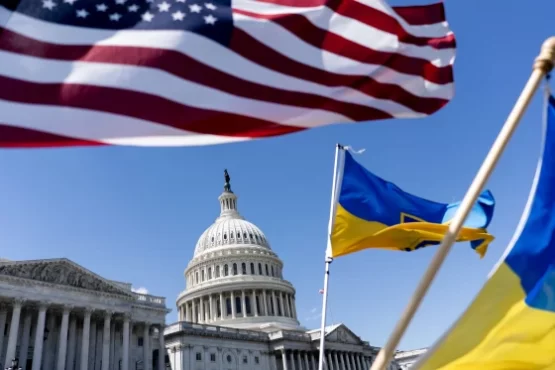On Monday, coinciding with the presidential inauguration in Taiwan, China’s Ministry of Commerce announced sanctions against Boeing and two other defense companies in response to their arms sales to the self-ruled island. The move is part of a series of sanctions Beijing has imposed in recent years against defense companies supporting Taiwan, which China considers to be part of its own territory.

The sanctions specifically target Boeing’s Defense, Space & Security unit, General Atomics Aeronautical Systems, and General Dynamics Land Systems. These companies have been placed on China’s “unreliable entities” list, prohibiting them from further investment in China and imposing travel bans on their senior management.
Taiwan’s newly inaugurated president, Lai Ching-te, has pledged to bolster the island’s security through the acquisition of advanced fighters and other technology, as well as by strengthening its domestic defense industry. In April, China had already frozen the assets of General Atomics Aeronautical Systems and General Dynamics Land Systems held within its borders.

Corporate filings reveal that General Dynamics operates several Gulfstream and jet aviation services in China, a country that heavily relies on foreign aerospace technology despite its efforts to establish its own presence in the field. The company is also involved in the production of the Abrams tank, which Taiwan is purchasing to replace its outdated armor in an effort to deter or resist a potential invasion from China.
General Atomics, known for producing the Predator and Reaper drones used by the U.S. military, has also been targeted by the sanctions, although the specific weapons, if any, that the company sells to Taiwan remain unclear.
This is not the first time China has imposed sanctions on Boeing executives. In 2022, Ted Colbert, the president and CEO of Boeing Defense, Space and Security, faced sanctions after the company secured a $355 million contract to supply Harpoon missiles to Taiwan.
Taiwan has been subjected to increasing military harassment from China’s People Liberation Army, which routinely sends fighter jets and warships near the island.

The actual impact of Beijing’s sanctions on companies like Boeing remains uncertain, as the United States generally prohibits most sales of weapons-related technology to China. However, some military contractors also have civilian businesses in aerospace and other industries, which could potentially be affected by the sanctions.
The latest sanctions serve as a reminder of the ongoing tensions between China and Taiwan, as well as the complex geopolitical landscape that defense companies must navigate when engaging in arms sales to the island. As Taiwan seeks to strengthen its defenses and China continues to assert its territorial claims, the international community will be closely monitoring the situation and the potential ramifications for global security and trade.










